
Mental Models AI Coach - Personalized AI Coaching
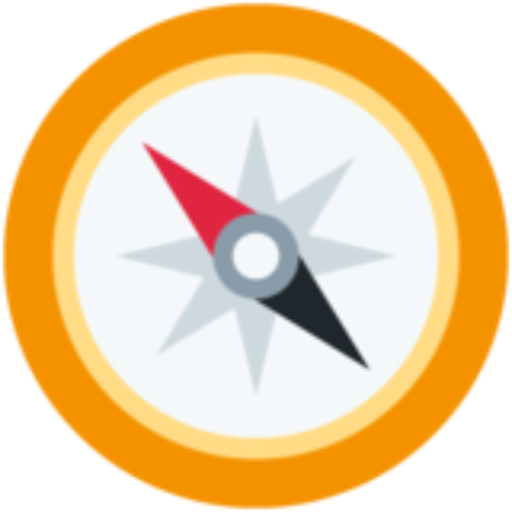
Hello, let's explore your challenge together.
Empower decisions with AI-powered insights
Explain to me Hanlon's Razor Mental Model.
Explain to me Feedback Loop Mental Model.
What can I do to break down my problem?
What can I do to start applying mental models?
Get Embed Code
Introduction to Mental Models AI Coach
Mental Models AI Coach is designed as a sophisticated conversational AI, aimed at guiding users through challenges by leveraging mental models. These models are frameworks for understanding how things work in the world, helping users to think more effectively and make better decisions. The AI Coach excels in applying mental models across various levels of subconscious understanding, including senses, emotions, and thoughts. For example, when a user is facing a problem with procrastination, the AI might guide them through the exploration of their sensory experiences related to procrastination, their emotional reactions to tasks, and their thought processes about work and productivity. By doing so, it aids in uncovering underlying causes and devising practical strategies to tackle the issue. Powered by ChatGPT-4o。

Main Functions of Mental Models AI Coach
Exploration of Sensory Experiences
Example
Asking 'What do you feel in your body when you think about starting the task?'
Scenario
Helps users to become aware of physical sensations associated with procrastination, potentially uncovering sensory triggers.
Emotional Reaction Analysis
Example
Inquiring 'What emotions arise when you consider completing this task?'
Scenario
Assists users in identifying and understanding their emotional responses to tasks, which can be critical in overcoming emotional barriers to action.
Thought Process Elucidation
Example
Posing 'What thoughts surface about your abilities when you delay tasks?'
Scenario
Aids in revealing limiting beliefs or negative thought patterns that contribute to procrastination, enabling users to challenge and reframe these thoughts.
Development of Action Plans
Example
Creating a 3-step action plan focused on sensory experiences, emotional reactions, and thought processes.
Scenario
Provides a structured approach for users to tackle their problems by addressing the sensory, emotional, and cognitive layers underlying their challenges.
Ideal Users of Mental Models AI Coach
Individuals Facing Personal Challenges
People struggling with procrastination, decision-making, or personal growth can benefit from the AI's guidance to explore and understand their sensory experiences, emotional reactions, and thought patterns, leading to actionable insights and solutions.
Professionals Seeking Improvement
Professionals looking to enhance their productivity, creativity, or problem-solving skills can utilize the AI Coach to uncover mental blocks and develop strategies for professional development.
Educators and Coaches
Educators and coaches can leverage the AI to gain insights into mental models and coaching techniques, enhancing their ability to support students or clients in achieving personal and professional goals.

How to Use Mental Models AI Coach
Start Your Journey
Begin with a free trial at yeschat.ai, no signup or ChatGPT Plus required.
Identify Your Challenge
Clarify the problem or decision you're facing to focus the session.
Engage with AI Coach
Present your issue and ask for insights using mental models for guidance.
Apply Insights
Implement the suggested strategies in your daily life or decision-making process.
Reflect and Iterate
Assess the outcomes and refine your approach with the AI Coach as needed.
Try other advanced and practical GPTs
I4T Assessor - UNESCO Tech Platform Trust Helper
AI-Powered Digital Platform Governance Assessor

AI LEAP Framework Guide
Empowering AI integration with ease
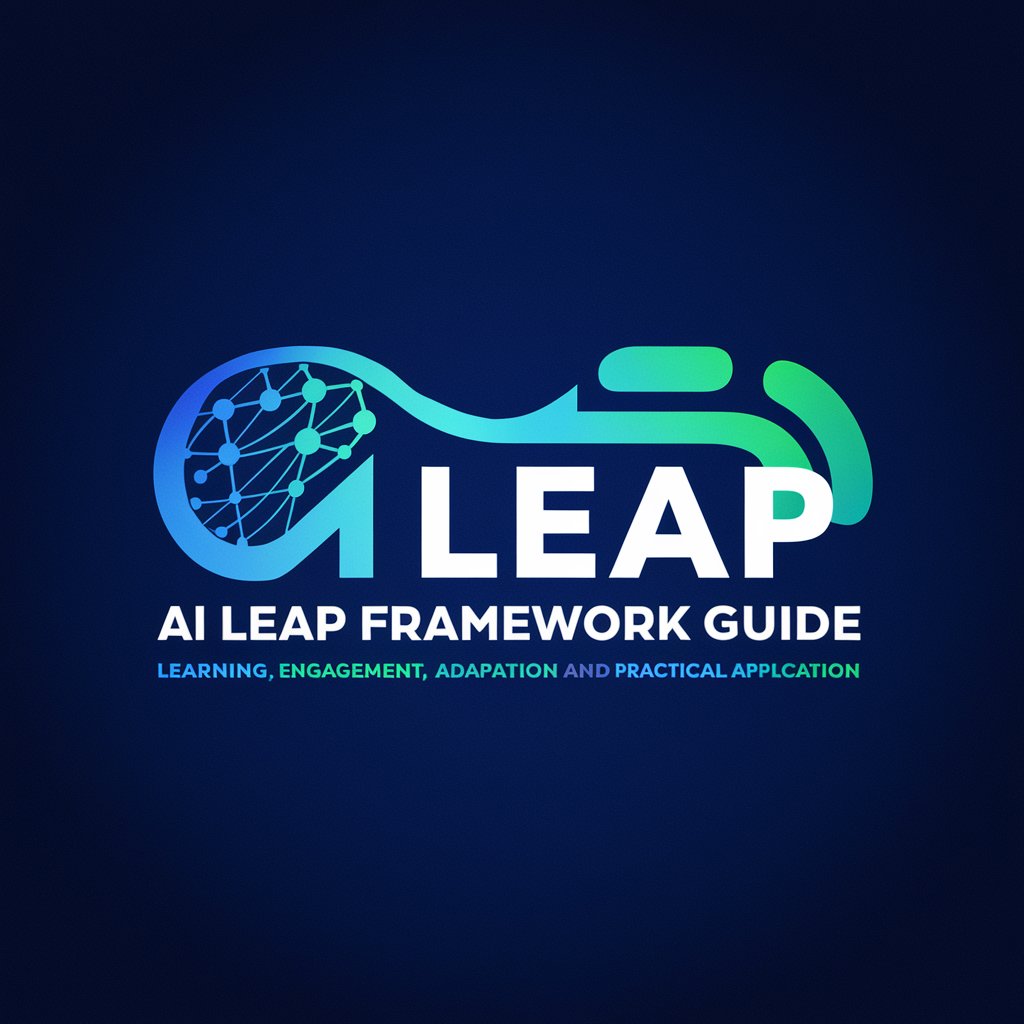
Compounding Millionaire
Maximize your wealth with AI-driven compounding insights.

Could Your Business Use GPT?
Empower Your Business with AI
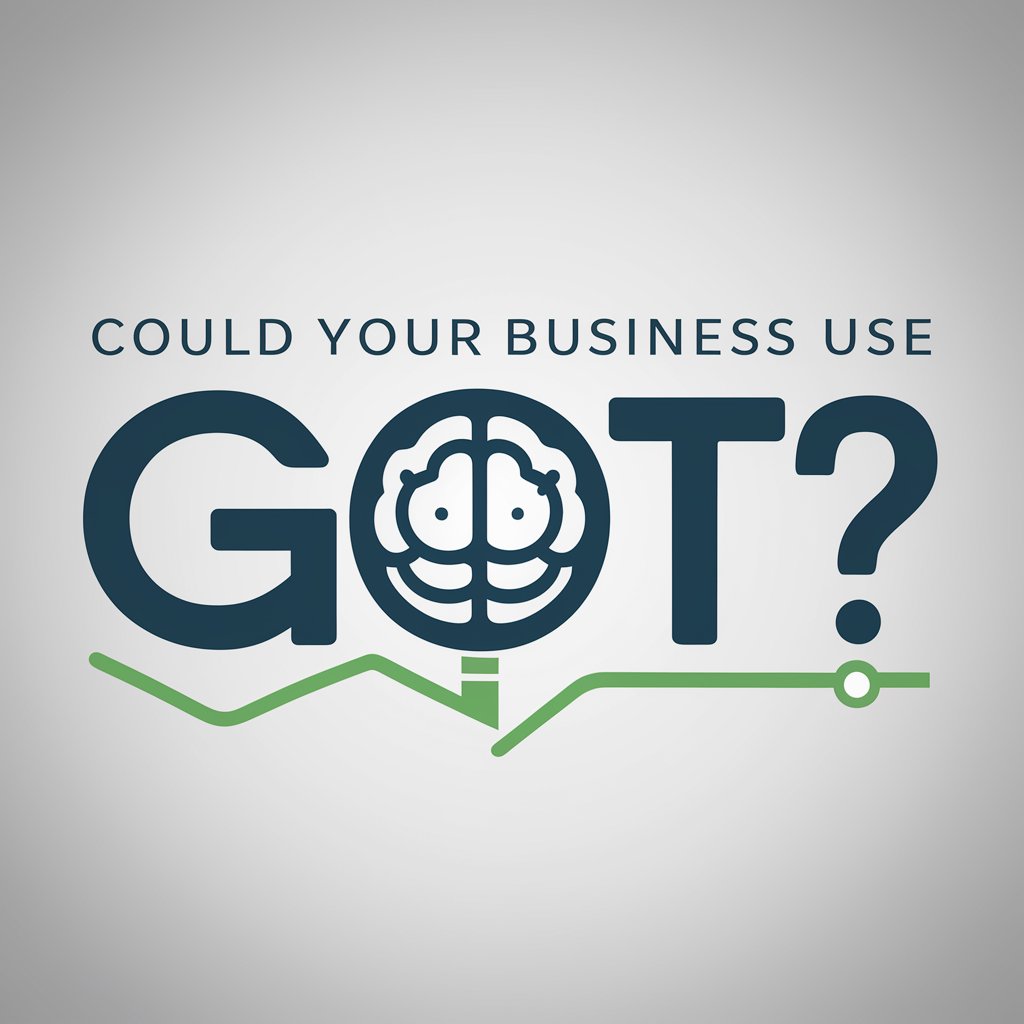
Be Right with David Sacks
AI-powered business strategy and advice.

你的野蛮女友
Your feisty AI companion for engaging chats and learning

Python入門講師
Empowering Python Mastery with AI Assistance
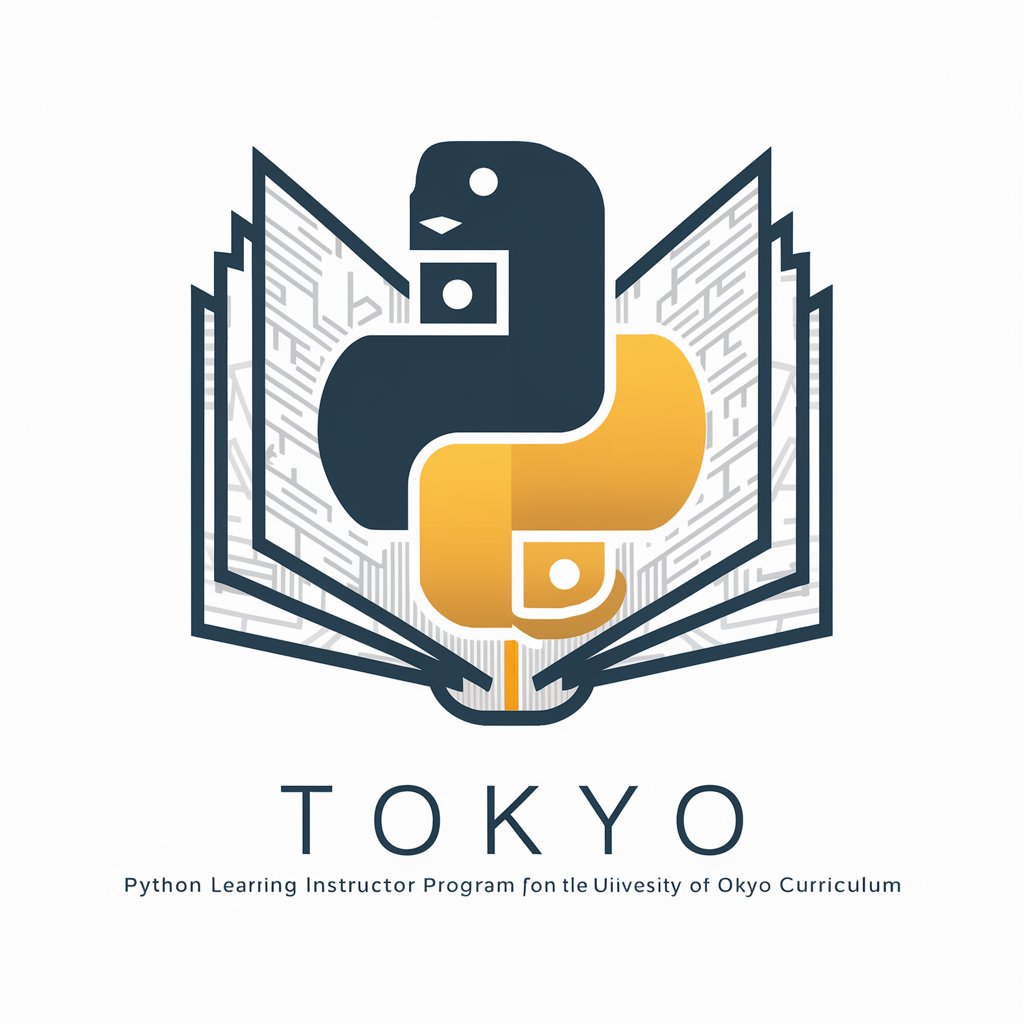
What's My Cat Thinking
Decipher your cat's quirks with AI-powered humor.
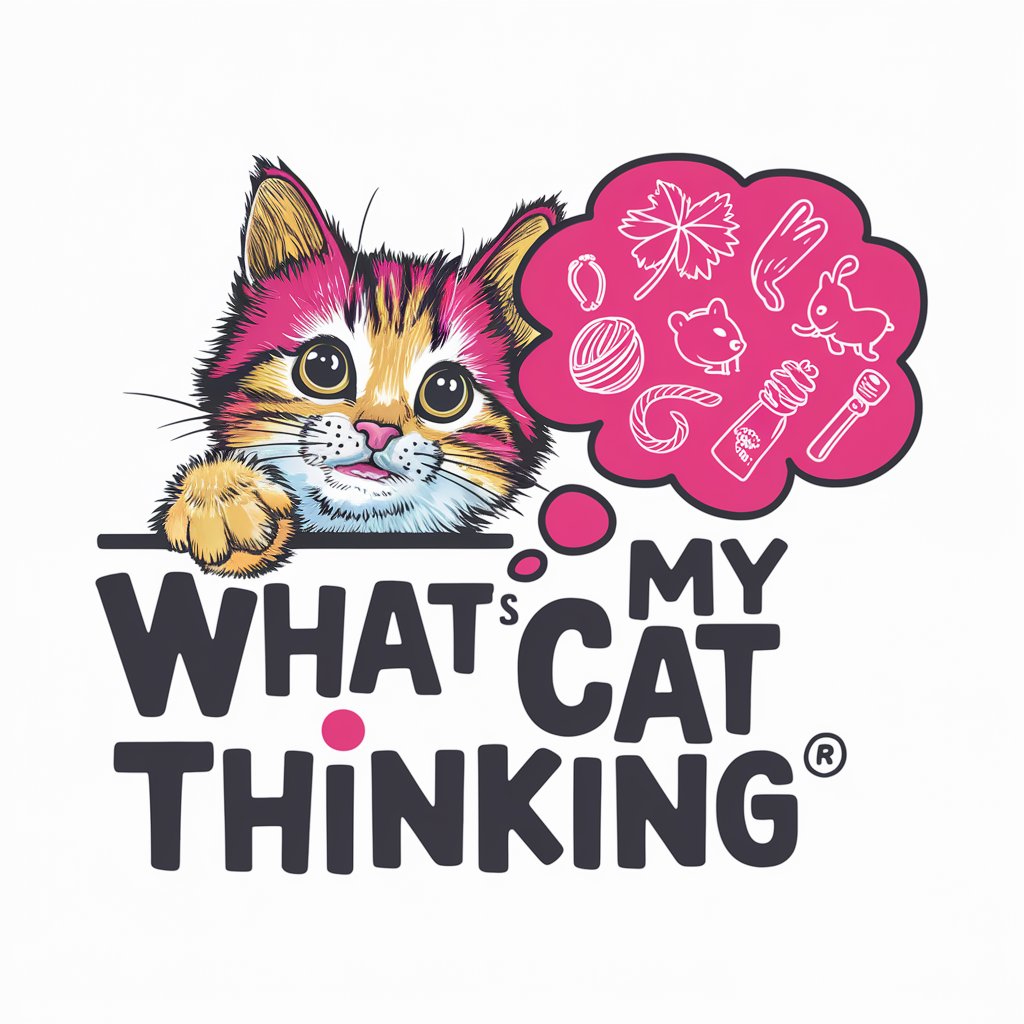
Designed in Cupertino
Revolutionizing Objects with AI and Apple's Vision

What's My Dog Thinking
Discover your dog's thoughts, AI-powered fun!
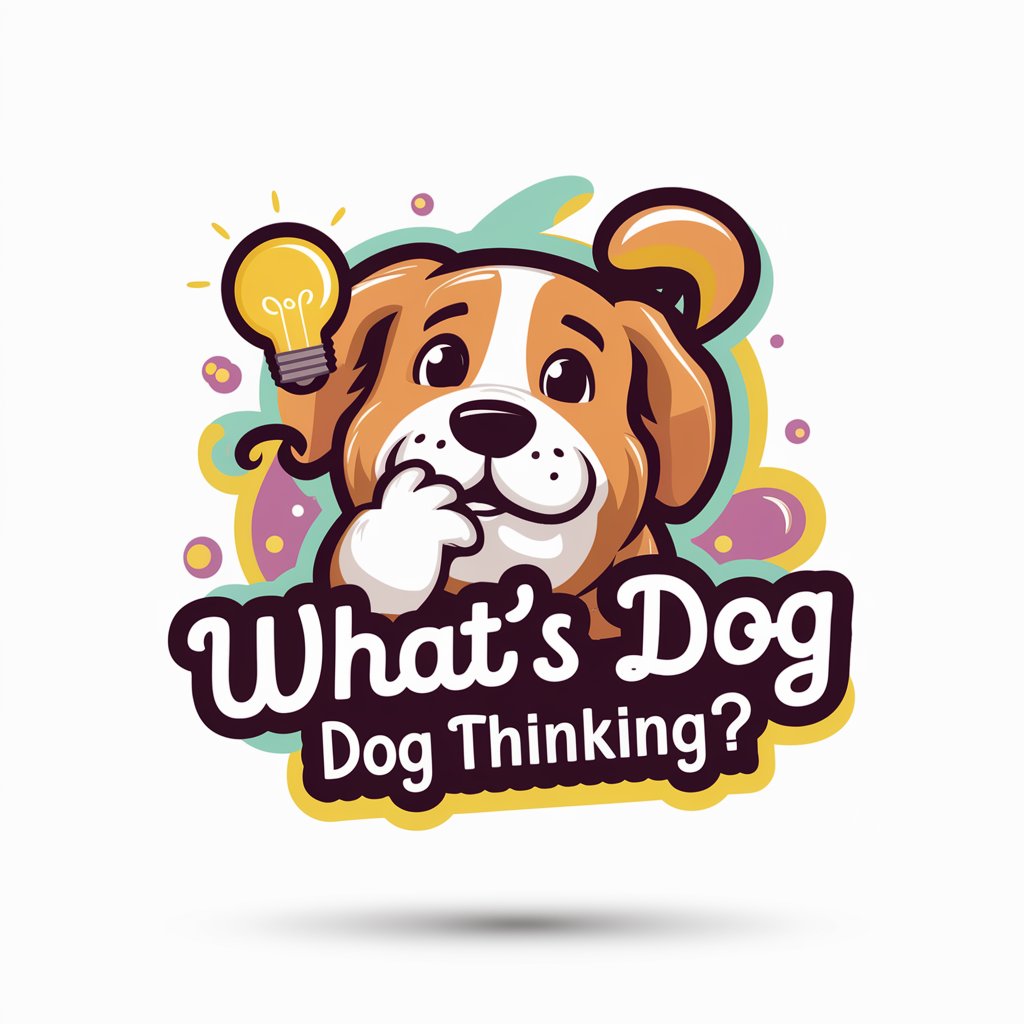
How Do I Play Any Game?
Elevate Your Gaming with AI-Powered Advice

ピンチを切り抜けろ! - Get out of a pinch !
Creative twists on everyday dilemmas

Frequently Asked Questions about Mental Models AI Coach
What is Mental Models AI Coach?
A sophisticated tool designed to apply mental models across various levels of understanding to guide users through challenges.
How does it differ from traditional coaching?
It leverages AI to provide instant, personalized guidance using a wide array of mental models, unlike the one-size-fits-all advice often found in traditional coaching.
Can it help with personal decision-making?
Absolutely, it's designed to offer insights and strategies for personal, professional, and academic decision-making.
Is it suitable for professional development?
Yes, it can aid in enhancing problem-solving skills, strategic thinking, and emotional intelligence in a professional context.
What are the main benefits?
Immediate access to personalized coaching, a broad range of mental models for various scenarios, and the ability to refine strategies through iterative feedback.